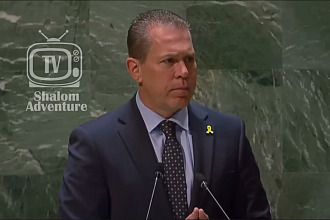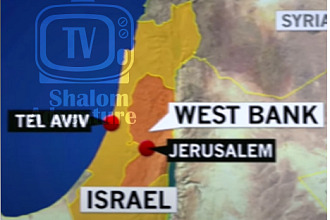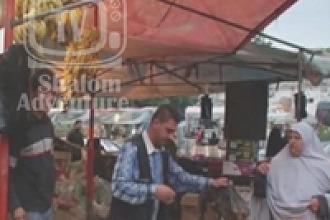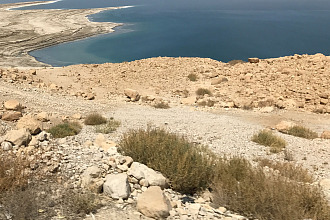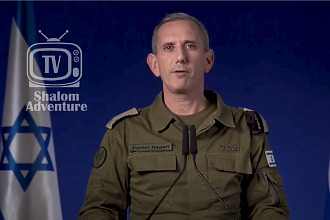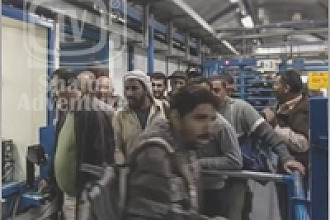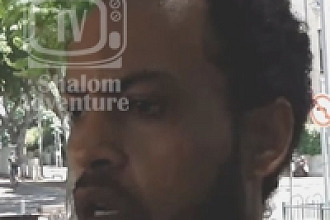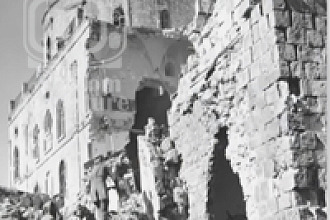Rony Kissin has slept only briefly between explosions for the last 10 days. From her home in Kibbutz Kerem Shalom, directly on the Gaza border, she can hear the sounds of war from both sides. Warning sirens wail through the air, mortars and rockets launched from Gaza explode, and then the booms sound of the Israel Air Force attacking the stripe.“I do not sleep that much,” she told The Jerusalem Post.
“I am very tired.” So she was not surprised when she woke up at 3:30 a.m. on Thursday with an uncomfortable feeling. Shortly after, close to 4 a.m., she received an SMS alert. Both she and her husband understood immediately that the issue was not a rocket, but a terrorist. The IDF had located terrorists attempting to infiltrate Israel between kibbutzim Holit and Sufa, which are close to Kerem Shalom. All three were considered to be at risk. Kissin’s husband, who is part of Kerem Shalom’s security team, left immediately. Since the operation with Gaza started he has slept in his clothes and shoes, waiting for such a moment when he would be called into service in the middle of the night, Kissin said.
Their four children, ages 14 to 22, were not at home, so Kissin, went by herself to the safe room. She stayed there until about 9 a.m. when residents of the three kibbutzim were told they could come out. Security asked them to remain at home for another two hours. And then while their communities were declared closed military zones, they were allowed to go about their day as normal. “I was frightened, but not scared,” recalled Kissin. She spoke by telephone, as reporters were barred from entering the kibbutzim. She felt protected in the safe room and she said she knew soldiers were out there fighting on her behalf.
Still when the incident was over, she stayed at home and did not work at her Chinese medicine clinic or tend plants in the community’s nursery. The Kissin family moved to Kerem Shalom only four years earlier, even though they knew it was on the front lines of the war with Hamas. “The place is magical. I know it sounds crazy, but that is how I feel,” said Kissin. She added that danger exists everywhere, with people living in places where there are tornadoes and hurricanes. “This is my home and I love it,” she said. Shimon Azuli, who is part of Holit’s security team, said that when he received the alert, also close to 4 a.m., people were mostly awake because it is not really possible to sleep at night in these three communities. “If you sleep, you do it in the afternoon,” he said.
He and other members of his security team went to help the IDF secure their border fence to ensure that terrorists were not able to infiltrate the kibbutz. Holit was already alert to the possibility of an infiltration, Azuli said. They knew from the army that terrorists in Gaza were building tunnels in the area. When they went to work in their fields by the border, they would look for signs of possible tunnels and turn over whatever clues they saw to the IDF. It could be any thing, even a pile of dirt that had not been there the day before, he said. “You see that the land was not like it was yesterday,” he said. “We see clues and we tell the army we think we have a tunnel,” he said. Even with the Thursday terror plot foiled, they are still on alert for other infiltration attempts, Azuli said.
Knick-named “Quiche,” he has lived on Kibbutz Holit for more than 30 years, ever since he was evacuated from the settlements in Sinai, when that area was returned to Egypt in 1982. The area where the kibbutz is located has become increasingly dangerous over the last 15 years, he said. But before that, “This use to be one of the most peaceful areas of the country,” he said.
Source: Jerusalem Post







